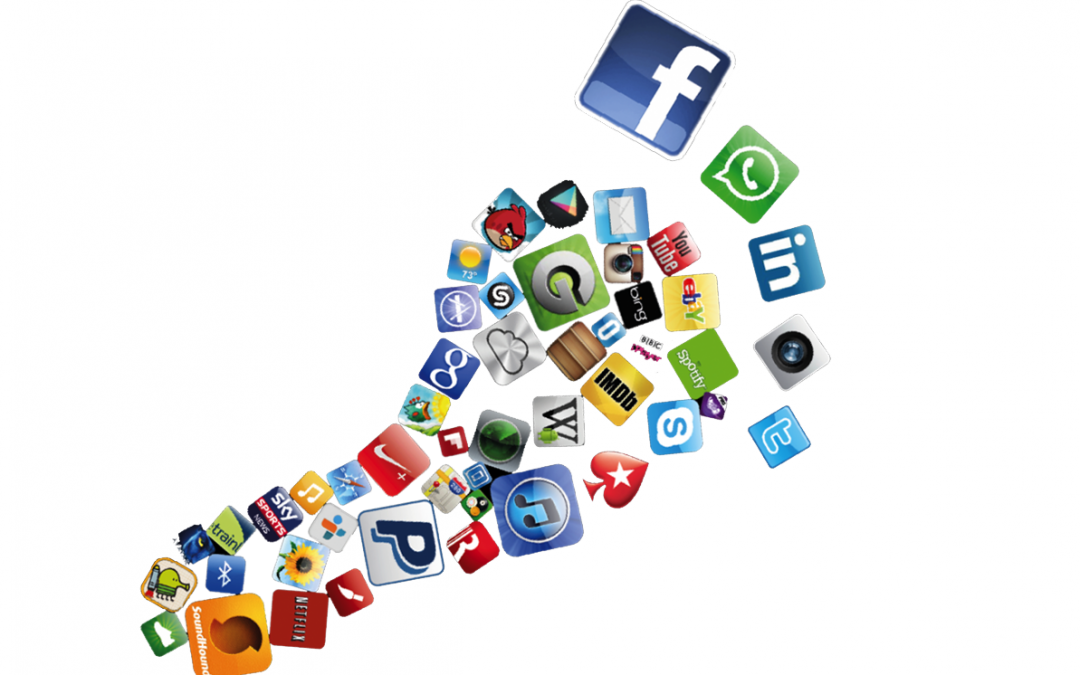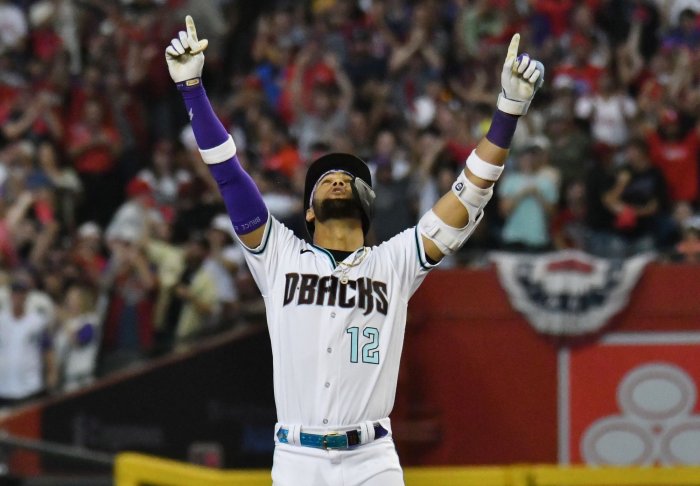Future Of Microsoft-Activision Merger Uncertain After FTC Appeal

Table of Contents
The FTC's Appeal and its Arguments
The FTC's appeal stems from deep-seated concerns about the potential anti-competitive effects of the merger. Their central argument revolves around the idea that Microsoft's acquisition of Activision Blizzard, the creator of iconic franchises like Call of Duty and World of Warcraft, would create an insurmountable market dominance, stifling competition and innovation.
The FTC's antitrust arguments are multifaceted and center on several key areas:
-
Market dominance concerns in the console gaming market: The FTC argues that the merger would give Microsoft undue control over the console gaming market, potentially harming competitors like Sony and Nintendo. This includes concerns about exclusive titles and the potential for Microsoft to leverage its power to disadvantage rivals.
-
Concerns about the impact on game subscriptions (Game Pass): A major point of contention is the potential impact on the burgeoning game subscription market. The FTC worries that Microsoft could use Activision Blizzard's titles to solidify its Game Pass dominance, making it difficult for competitors to attract subscribers. This could ultimately stifle innovation and reduce consumer choice.
-
Arguments related to reduced competition and innovation: The FTC claims the merger would lead to reduced competition, potentially slowing down innovation in game development and ultimately harming consumers. This includes concerns about the potential for higher prices, fewer choices, and a less dynamic gaming ecosystem.
The FTC's appeal significantly delays the merger timeline, adding another layer of uncertainty to an already complex situation.
Microsoft's Response and Defense Strategy
Microsoft has vigorously defended the merger, arguing that the FTC's concerns are unfounded and that the acquisition will ultimately benefit gamers. They have countered the FTC's claims by emphasizing several points:
-
Emphasis on the benefits of the merger for gamers: Microsoft has repeatedly stressed that the merger will bring a wider variety of games to more players through Game Pass, ultimately benefiting consumers. They highlight the potential for increased accessibility and affordability.
-
Arguments against market dominance claims: Microsoft argues that even with the acquisition, they would not achieve market dominance and that the gaming market is dynamic and competitive enough to absorb the changes. They point to the existence of other major players in the market.
-
Promises to ensure fair competition and innovation: To address concerns, Microsoft has made several concessions, including commitments to keep Call of Duty available on rival platforms like PlayStation, for a significant period, although the specifics and duration remain a key point of debate.
Microsoft's legal strategy hinges on demonstrating to the courts that the benefits of the merger outweigh the potential risks to competition. The outcome depends on the court's interpretation of the evidence and the weight given to each side's arguments.
Global Regulatory Landscape and Other Jurisdictions
The Microsoft-Activision merger's fate isn't solely determined by the FTC's appeal. The global regulatory landscape plays a crucial role, with different jurisdictions taking varying approaches.
-
Status of the merger in the EU: The European Union initially raised concerns but ultimately approved the merger under certain conditions, primarily related to cloud gaming. This decision provides a counterpoint to the FTC's stance.
-
Status of the merger in the UK: The UK's Competition and Markets Authority (CMA) initially blocked the merger, but the decision is currently under appeal by Microsoft. This further highlights the contrasting views of regulatory bodies worldwide.
-
Comparison of regulatory approaches across different regions: The divergence in regulatory decisions demonstrates the challenges of applying antitrust laws to a rapidly evolving global industry like gaming. Each jurisdiction weighs the potential benefits and harms differently.
The global regulatory landscape is undeniably crucial. A positive outcome in other jurisdictions could influence the FTC's appeal, while negative rulings could significantly hinder the merger's prospects.
Impact on the Gaming Industry and Consumers
The success or failure of the Microsoft-Activision merger will have far-reaching consequences for both the gaming industry and consumers.
-
Potential impact on game prices: The merger's outcome could influence game pricing. Increased market consolidation might lead to higher prices, or conversely, Game Pass integration could potentially lower the cost of access to specific titles.
-
Potential changes to game subscription services: The merger will undoubtedly reshape the landscape of game subscription services. The integration of Activision Blizzard's titles into Game Pass could lead to increased market share and potential changes to competitor offerings.
-
Impact on the development and release of future games: The merger could affect the development and release of future games, potentially leading to more exclusive titles or changes in the pace of innovation.
The long-term implications for the gaming industry are complex and uncertain. The merger's outcome will significantly impact competition, innovation, and the overall experience for gamers worldwide.
Conclusion
The future of the Microsoft-Activision merger remains highly uncertain following the FTC's appeal. The arguments put forth by both sides highlight the significant implications for competition, game pricing, and the overall gaming ecosystem. The contrasting approaches of global regulatory bodies further complicate the picture. The outcome will undoubtedly shape the future of the gaming industry for years to come.
To stay informed on the latest developments regarding the Microsoft-Activision merger, subscribe to our newsletter and follow us on social media. Share your thoughts and predictions on the future of the Microsoft-Activision deal in the comments section below. The situation is far from resolved, and continued monitoring of the Microsoft and Activision merger is essential for anyone interested in the future of the gaming industry.

Featured Posts
-
 Chainalysis And Alterya A Powerful Combination In The Blockchain Space
Apr 23, 2025
Chainalysis And Alterya A Powerful Combination In The Blockchain Space
Apr 23, 2025 -
 Go Dark A Practical Guide To Removing Your Digital Footprint
Apr 23, 2025
Go Dark A Practical Guide To Removing Your Digital Footprint
Apr 23, 2025 -
 Arizona Diamondbacks Secure Walk Off Win With Five Run Ninth
Apr 23, 2025
Arizona Diamondbacks Secure Walk Off Win With Five Run Ninth
Apr 23, 2025 -
 2025s Unexpected Hitting Star A Brewers Clutch Performances
Apr 23, 2025
2025s Unexpected Hitting Star A Brewers Clutch Performances
Apr 23, 2025 -
 The Evolution Of Michael Lorenzen From Minor Leagues To Mlb Success
Apr 23, 2025
The Evolution Of Michael Lorenzen From Minor Leagues To Mlb Success
Apr 23, 2025
